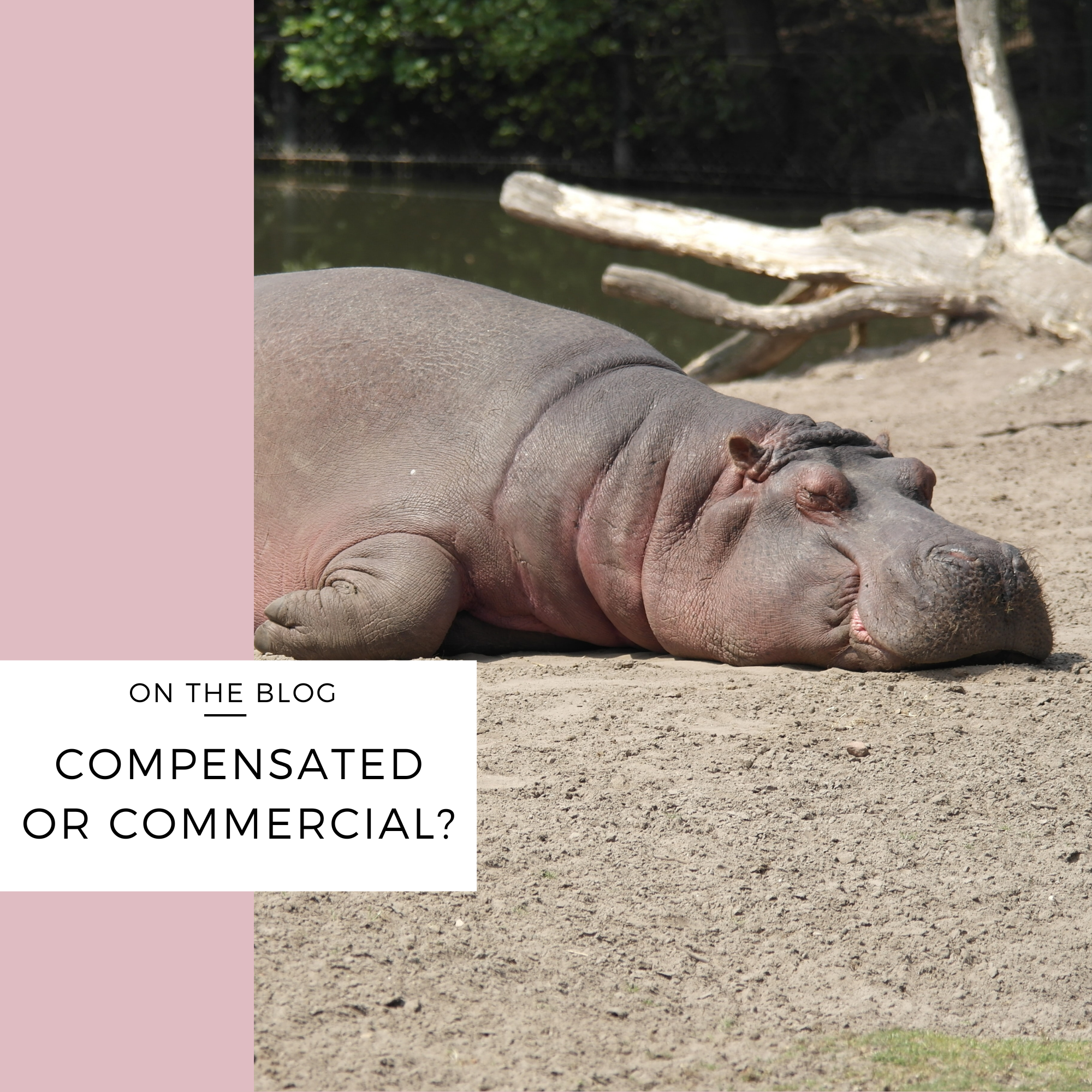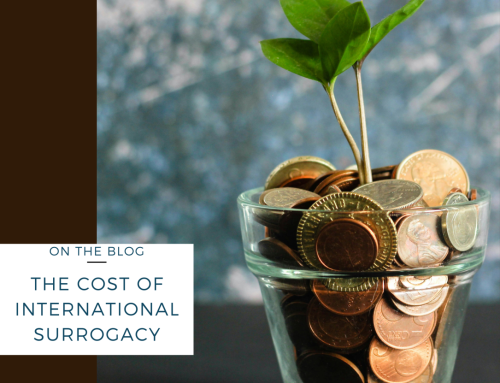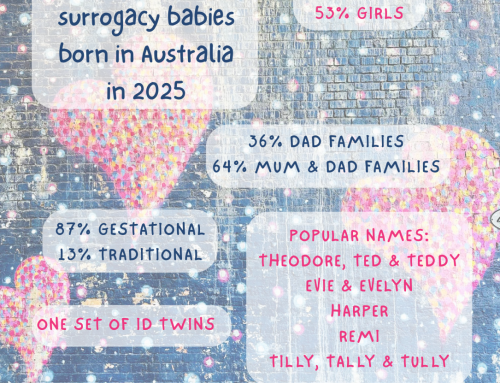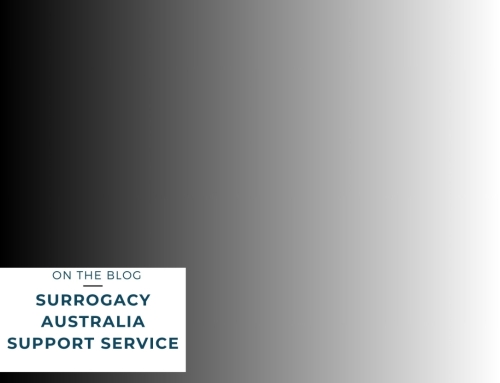In Australia, commercial surrogacy is illegal and only altruistic surrogacy is allowed. There are often calls to legalise commercial surrogacy in Australia but it does not have the support of most politicians. Several reviews of state and federal laws, including the 2016 Surrogacy Matters inquiry recommended a continuation of the altruistic model.
Why are we so quick to dismiss commercial surrogacy as an option in Australia? Perhaps it needs some more thought and discussion. In 2025, I presented at the International Surrogacy Forum on the need for financial compensation for Australian surrogates.
What if commercial, or compensated surrogacy, were an option that can still protect the autonomy of the surrogate and rights of the children born? What if there were a middle ground where we can regulate surrogacy and allow a surrogate to be compensated for her time, commitment, energy and risk?
You can read more of my thoughts about surrogacy law reform in Australia and what surrogacy laws could look like.
Commercial surrogacy involves a surrogate being paid a fee, in addition to having her expenses paid. It is available in several countries, including the United States and Georgia, Mexico and Colombia. But, not all commercial surrogacy is equal and the laws, protections and frameworks are different between the countries.
There are concerns about commercial surrogacy include that it commodifies the women who are surrogates and the children born. Being paid a fee can compromise a surrogate’s ability to exercise her autonomy and make decisions that protect her own interests and welfare. In some countries, women are recruited by a surrogacy agency precisely because she is poor and has limited options to support her family.
Altruistic surrogacy in Australia allows for surrogacy-associated expenses to be paid only. A surrogate does not receive a fee or a reward in addition to having her expenses covered. Surrogacy laws vary between each state and there is a lack of uniformity between the laws.
Compensated surrogacy is an alternative model that could be used to find a middle ground between the commercial and altruistic models. The surrogate could receive compensation to a capped amount, in consideration of the time, commitment, energy and the risks she takes in being pregnant and giving birth. This is to compensate her for those things that cannot be easily quantified – sleeplessness nights, nausea, pain and discomfort, inconvenience, and the impact on her body.
We could compensate surrogates by paying them a monthly, capped fee over the course of the pregnancy and post-natal period. For example, she might receive $500 per week of pregnancy and for 12 weeks post-birth. Capping the fee allows intended parents and surrogates to realistically manage their expectations and budget accordingly. There would be no competitive market for the cheapest or most expensive surrogate.
Debates about sex work and surrogacy share common themes. Sex workers and surrogates exercise their autonomy over their bodies and should be supported to do so in regulated and empowered environments. Just as sex work is work and should be paid, pregnancy and birth is work and should be paid. Sex workers are paid for their time, commitment, energy and risk. If we can pay sex workers, why not surrogates?
Arguments that commercial or compensated surrogacy commodifies women can be countered by the fact that many workers use their bodies and take risks in many industries – mining, diving, firefighting, policing. We regulate many industries and we pay workers in those industries to compensate them for their time.
Compensated surrogacy should not be in exchange for a guaranteed outcome, live birth or the relinquishment of the child. Surrogates should be paid based on the length of the pregnancy, not on their compliance with the intended parents’ requests or conditions. It is imperative that surrogates maintain their complete bodily autonomy regardless of their adherence to the agreement.
Compensated surrogacy could be one way that we make surrogacy more viable within Australia which means less intended parents feel they need to go overseas for surrogacy. In Australia, we have a first-class health system for the surrogate and the baby. Surrogates and intended parents have access to a robust legal framework that protects their interests and the children born. Everyone can access independent legal advice and counselling. There are many reasons why we should be encouraging surrogacy in Australia and compensating surrogates would promote that as an option for more people.
Meanwhile, we should be decriminalising international commercial surrogacy and regulating the industry that profits from surrogacy.
Recent discussion in the media has the community talking about surrogacy law reform, including compensating surrogates.
You can read a broad overview for surrogacy in Australia and how it works.
You can find more information in the free Surrogacy Handbook, reading articles in the Blog, by listening to more episodes of the Surrogacy Podcast. You can also book in for a consult with me below, and check out the legal services I provide.








